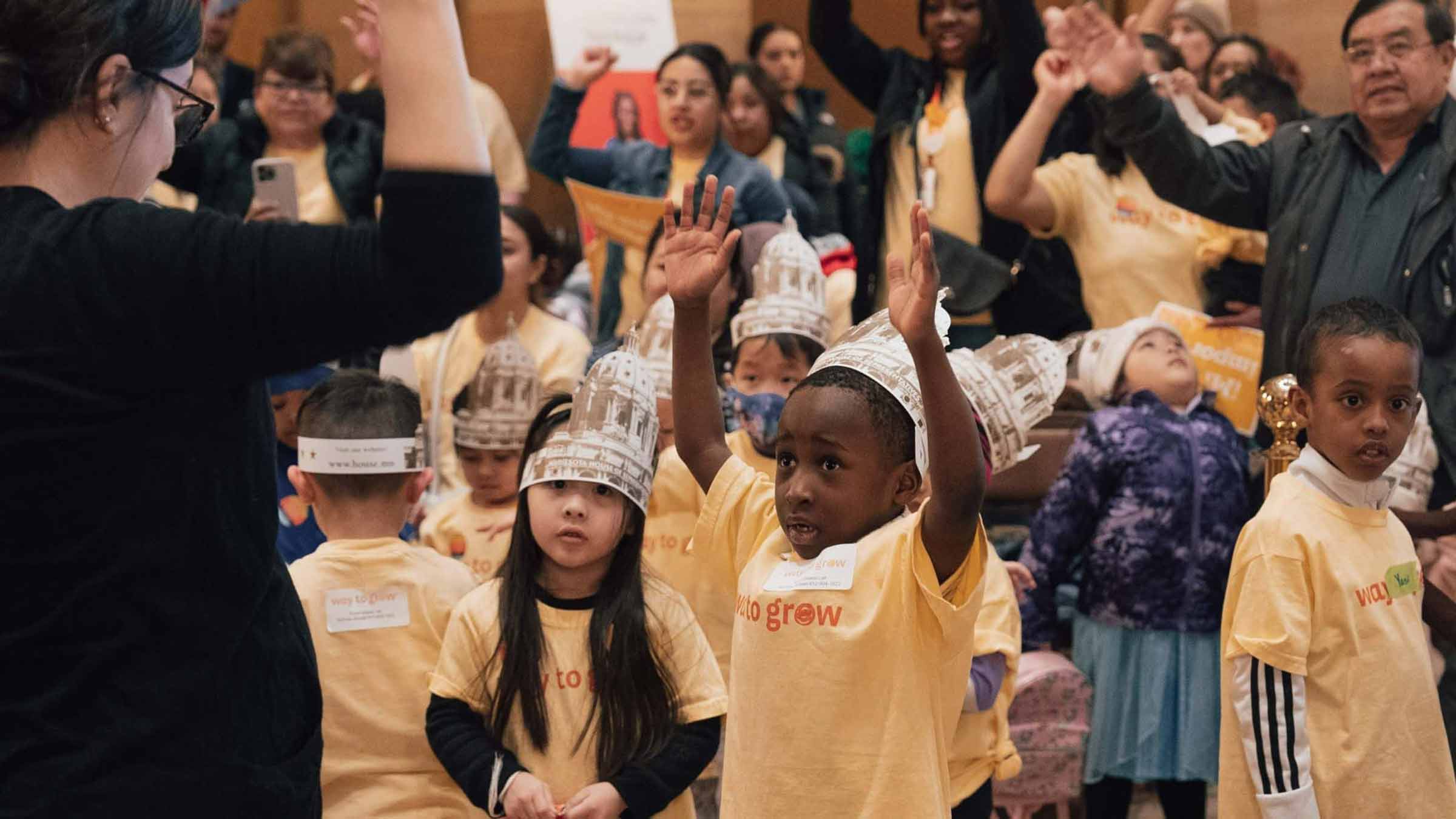
Today we mark the official start of the 2025 legislative session. Lawmakers from around Minnesota are now convening at the State Capitol to begin deliberating and making policy around some of our most consequential public issues.
Greater Twin Cities United Way – and our many community partners – play an important role in this process. Through direct services like our 211 resource helpline, as well as our deep relationships within the nonprofit and government sectors, we offer a unique perspective on how our state government can better support all Minnesotans. The growing number of Minnesotans without access to stable housing, affordable childcare, food, and resources demands every lawmaker coming to the table to develop sustainable solutions.
This effort is deeply personal for me. Growing up, I witnessed firsthand how our public systems can let people down in their moment of need. But from this experience, I also know that the right support can help people grow and thrive – and that the decisions we make can shape lives and strengthen communities. I am here today because I know that our systems and lawmakers can do better.
All of our policy priorities for this session are informed by areas where United Way has already committed time and dollars to make an impact in community. Here are some of the key priorities we will be working to push forward.
211: In 2024, Greater Twin Cities United Way’s 211 resource helpline fielded more than 240,000 requests for help from individuals and families looking for housing, food, education and other local resources. With demand for these services continuing to rise year-over-year, one of our top priorities this year will be securing permanent state support to ensure consistent and reliable 211 service for all Minnesotans.
Stable Housing: Through our Pathways Home initiative, we’ve identified specific systemic gaps that make it more challenging for individuals – and especially young people – to secure stable housing. Our efforts at the Capitol this year will seek to increase access to stable, affordable housing for families and for young people who are exiting foster care.
Early Child Education: Similarly, our 80×3: Resilient from the Start initiative has given us unprecedented insight into the transformative potential of early childhood education. We will be advocating for policies that increase families’ access to affordable, trauma-sensitive, culturally responsive early child care – while also advancing new policies and investments that ensure the sustainability of a career in child care.
Food Security: And through our Full Lives initiative, we have seen the potential impact of a regional, system-wide approach to food security. This year, we’ll be working with lawmakers to support the growth of an equitable food system, transforming how food in our state is produced, distributed, and consumed. This approach creates jobs, fosters entrepreneurship and ultimately promotes thriving, healthy communities.
In these areas and more, we look forward to working with lawmakers to build on the data we’ve gathered and the lessons we’ve learned.
Read more about our policy priorities in our 2025 advocacy agenda.
In addition to the policy goals that we’ll be promoting directly, our team is also providing financial support for 16 community organizations whose advocacy work aligns with one or more of our priority issues. See below for a full list of funded advocacy partners.
As those who follow state politics are likely aware, this session will bring a new dynamic to the Capitol in 2025. Special elections on January 28 will determine seats in House District 40B and Senate District 60 – and the House race in particular will determine the balance of power in that chamber.
Despite the uncertainty and potential challenges surrounding divided government this session, I have reason for optimism. After a divisive election season, our lawmakers will need to find new areas of consensus and common ground. Essential needs like affordable housing and quality child care aren’t partisan goals – they’re the bare minimum of what we should expect from lawmakers in both parties.
United Way plays an important role in bridging the partisan divide. We hope to see this translate into meaningful progress for families in our state – and we hope that voters pay attention to see which lawmakers step up to this historic challenge.
Even with all of the efforts of my team and our partners, we can’t do this work alone. As a supporter of Greater Twin Cities United Way, you can help build momentum for lasting change in this year’s legislative session.
You can support our advocacy at the Capitol by:
Our funded advocacy partners in 2025: